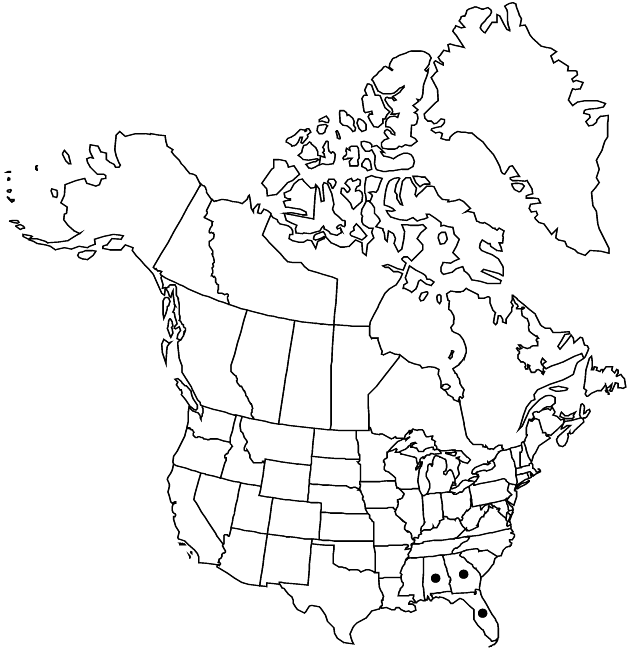Difference between revisions of "Rudbeckia auriculata"
Rhodora 77: 49. 1975.
FNA>Volume Importer |
FNA>Volume Importer |
||
| Line 54: | Line 54: | ||
|publication year=1975 | |publication year=1975 | ||
|special status= | |special status= | ||
| − | |source xml=https://jpend@bitbucket.org/aafc-mbb/fna-data-curation.git/src/ | + | |source xml=https://jpend@bitbucket.org/aafc-mbb/fna-data-curation.git/src/f50eec43f223ca0e34566be0b046453a0960e173/coarse_grained_fna_xml/V19-20-21/V21_91.xml |
|tribe=Asteraceae tribe Heliantheae | |tribe=Asteraceae tribe Heliantheae | ||
|subtribe=Asteraceae (tribe Heliantheae) subtribe Rudbeckiinae | |subtribe=Asteraceae (tribe Heliantheae) subtribe Rudbeckiinae | ||
Revision as of 20:41, 16 December 2019
Perennials, to 300 cm (rhizomatous, roots fibrous). Leaves green, oblong to elliptic or ovate to pandurate, herbaceous, margins crenate, dentate, entire or serrate, apices acute, faces scabrous, abaxial often glabrescent; basal petiolate, 20–65 × 8–20 cm, bases attenuate; cauline sessile, 15–40 × 4–15 cm, bases auriculate to truncate. Heads (usually 10+) in paniculiform arrays. Phyllaries to 1 cm. Receptacles conic to ovoid; paleae 4–6 mm, apices obtuse to acute, abaxial tips hairy. Ray florets 8–14; laminae oblanceolate, 18–30 × 4–8 mm, abaxially sparsely hairy. Discs 12–16 × 10–18 mm. Disc florets 150–200; corollas brown-purple, 3.5–4.2 mm; anther appendages glabrous or gland-dotted; style branches to ca. 1.8 mm, apices acute to obtuse. Cypselae 3.5–5 mm; pappi of 4–6, unequal scales, to 2 mm. 2n = 36.
Phenology: Flowering summer–fall.
Habitat: Sandy stream banks, wet roadsides
Elevation: 10–90 m
Distribution

Ala., Fla., Ga.
Discussion
Of conservation concern.
Rudbeckia auriculata is known from eight sites in Alabama, one in Florida, and one in Georgia.
Selected References
None.